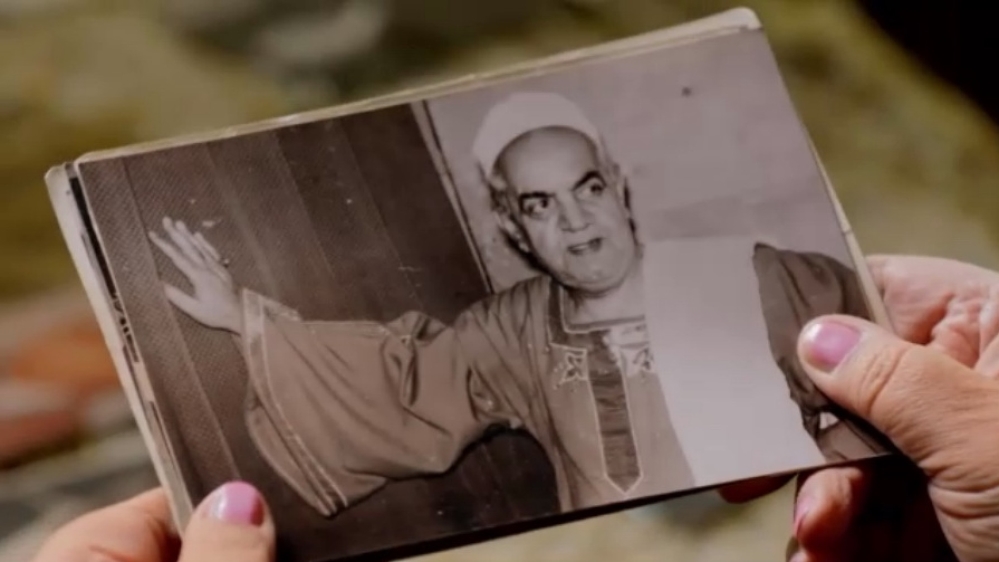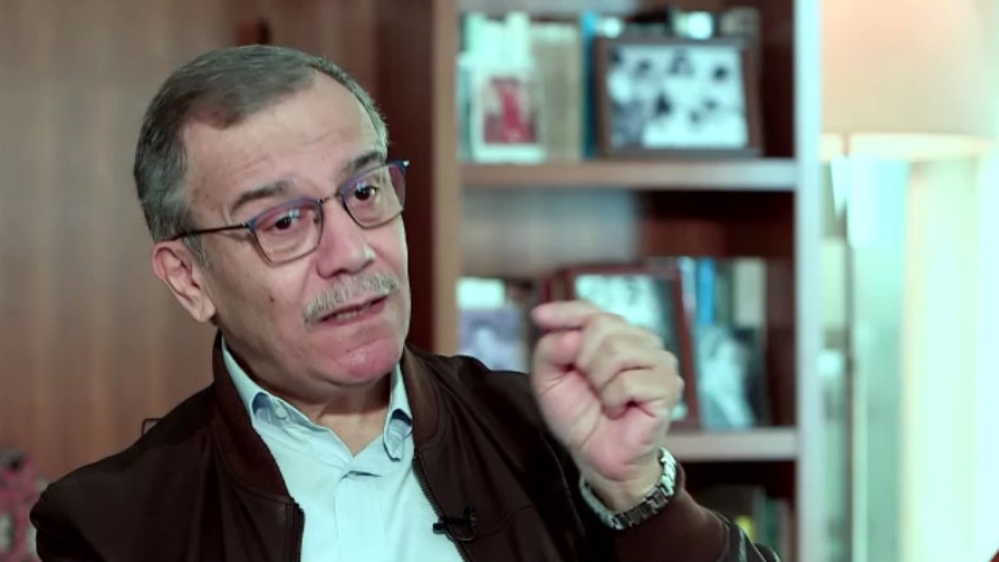
Four Ramadan Songs
Musicians and singers tell stories of the Arab world’s best-loved songs and chants for the holy month.
The Arab Muslim world has a long tradition of songs and chants for the holy month of Ramadan. This film tells the fascinating behind-the-scenes stories of four popular pieces.
The song Ramadan Gana, or Here Comes Ramadan, is often played on TV to coincide with the start of Ramadan. Its simplicity, familiar lyrics and the singer’s warm voice make it hugely popular in the Arab world.

Wahawi Ya Wahawi, or Welcome Ramadan Moon, was first performed by an Egyptian singer in the 1930s and later in a 1953 Egyptian movie by a five-year-old Lebanese girl, Hayam Younis, who still clearly remembers singing it. Decades on, she describes filming the song which became a timeless classic.

Mawlay, or My Lord God, is a religious chant derived from a prayer. Former Egyptian President Anwar Sadat encouraged the Sufi figure Sayed Naqshband to work with the famous Egyptian composer, Baligh Hamdi, whose speciality was love songs. Despite early misgivings they found common ground, and the result was a deeply spiritual chant.

Allou El Bayarek, or Hang Out Ramadan Flags, dates back to the Lebanese Civil War and was written for a children’s choir at a Beirut orphanage. Composer Ahmed Kaboor had a vision of colourful flags, lights and lanterns hanging from every building.

This film is a rich mix of music, theology and social and cultural history, weaving together interviews and rare video archive to offer a different take on Ramadan.